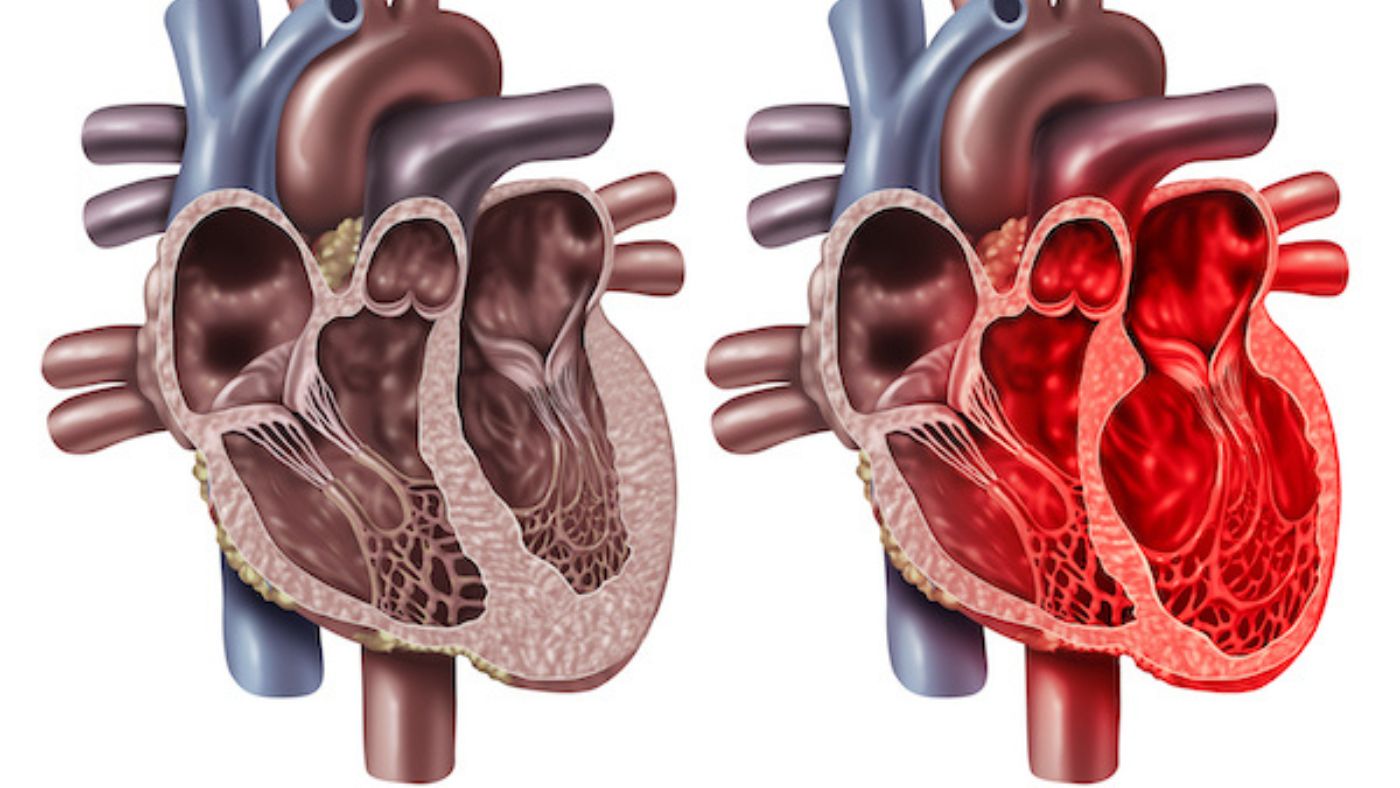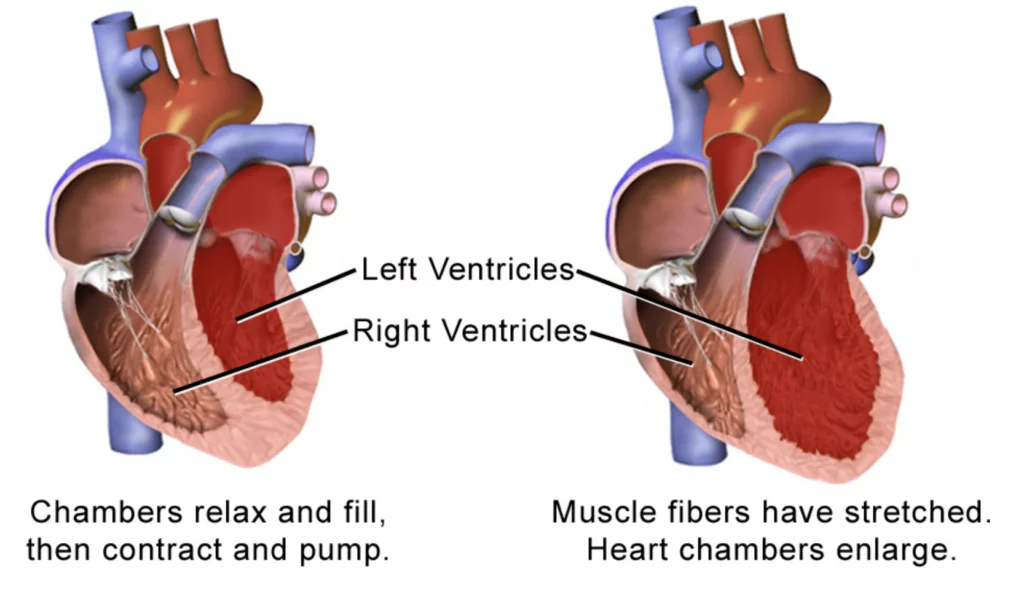Valentine’s Day serves as a celebration of romantic love for many, yet for others, it brings poignant reminders of past heartaches.
For those grappling with heartbreak, February 14 can be an especially distressing occasion. Recent Google search data reveals a surge of over 5,000% in searches related to ‘broken heart syndrome’ in the past month alone.
According to Mayo Clinic, broken heart syndrome is a heart condition often triggered by stressful situations and intense emotions.
The condition causes sudden chest pain akin to a heart attack but affects only a part of the heart, temporarily disrupting its blood-pumping function while the remainder continues to operate normally.
Sometimes, the heart contracts more forcefully during these episodes.
To raise awareness about the physical and mental toll of heartbreak, health industry advisors at Compare the Market conducted a nationwide survey on individuals’ most memorable heartbreak experiences.
Mayo Clinic notes that broken heart syndrome typically resolves on its own, though some individuals may experience lingering discomfort after their heart physically heals.

According to the survey by Compare the Market, Americans, on average, take about nine months to recover from heartbreak.
The survey highlighted that heartbreak primarily impacts social and mental well-being, with 30% of respondents reporting increased stress and 15% indicating mental health issues as a result.
The most commonly cited effects of heartbreak on daily life include disrupted sleep patterns (35%), feelings of loneliness due to distancing from social circles (33%), and a sense of distrust towards others (33%).
Medical experts emphasize the importance of adopting healthy coping mechanisms to expedite the recovery process from heartbreak.
“Breakups are immensely stressful for many individuals and can profoundly affect both physical and mental health,” commented Hanna Norton of Compare the Market, discussing the survey findings.
“During such times, it’s crucial to prioritize self-care and rely on healthy coping strategies to go through the emotional pain.”
